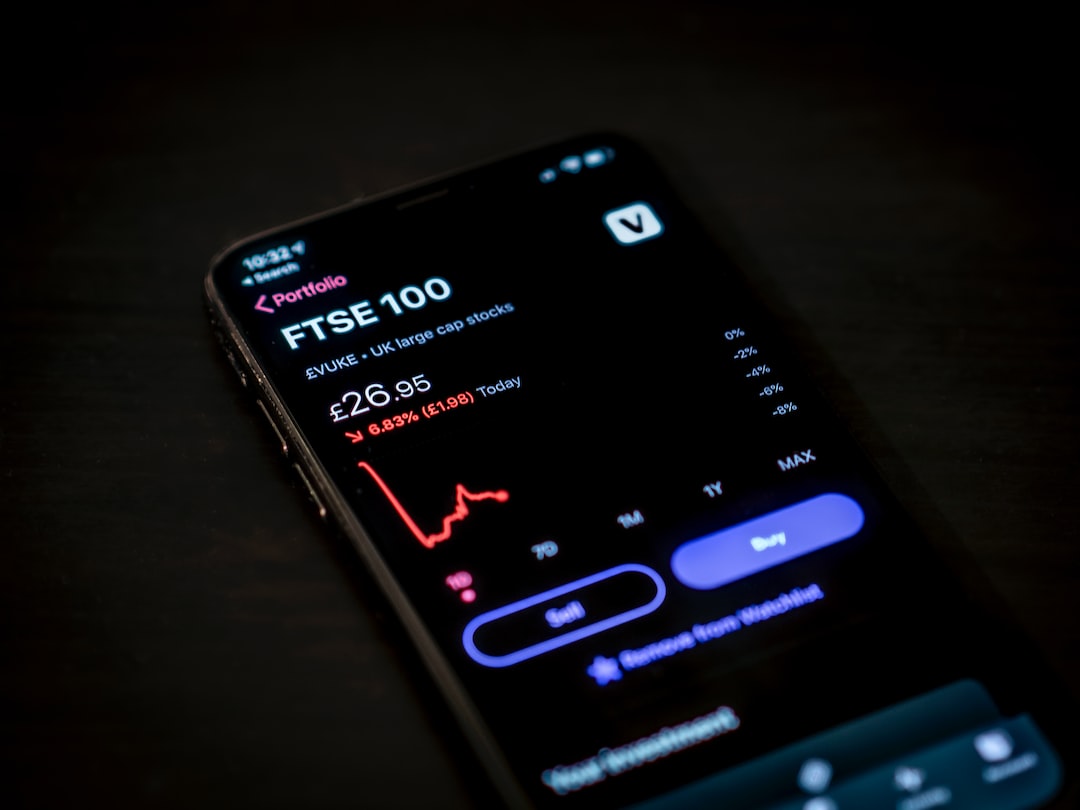Long vs. Short-Term Forex Trading: Pros and Cons
Forex trading is a dynamic and exciting market that offers numerous opportunities for traders to profit. However, one of the key decisions traders need to make is whether to adopt a long-term or short-term trading strategy. Both approaches have their own advantages and disadvantages, and understanding these can help traders make informed decisions that align with their goals and risk tolerance. In this article, we will explore the pros and cons of long-term and short-term forex trading.
Long-Term Forex Trading:
Long-term forex trading refers to holding positions for an extended period, ranging from weeks to months or even years. Traders who adopt this strategy typically focus on fundamental analysis, which involves analyzing economic indicators, geopolitical events, and central bank policies to identify long-term trends. Here are some pros and cons of long-term forex trading:
Pros:
1. Reduced Stress: Long-term trading allows traders to avoid the stress and pressure associated with short-term price fluctuations. By focusing on the bigger picture, traders can avoid getting swayed by temporary market noise and make more rational trading decisions.
2. Potential for Larger Profits: Long-term trading allows traders to capture significant market movements, which can result in larger profits compared to short-term trading. Holding positions for longer durations allows traders to ride the trend and maximize their gains.
3. Less Time-Consuming: Long-term traders do not need to constantly monitor the market or make quick decisions. This approach is suitable for individuals who have other commitments or prefer a more relaxed trading style.
Cons:
1. Higher Risk Exposure: Holding positions for longer durations exposes traders to potential market risks, such as unexpected news events or economic downturns. Traders need to be prepared for potential drawdowns and have risk management strategies in place.
2. Lower Trading Frequency: Long-term trading typically involves fewer trades compared to short-term trading. This means that traders may not have as many opportunities to profit from the market, especially during volatile periods.
3. Patience is Key: Long-term trading requires patience and discipline. Traders need to be able to withstand short-term price fluctuations without getting tempted to exit prematurely. This can be challenging for individuals who prefer quick results.
Short-Term Forex Trading:
Short-term forex trading, also known as day trading or scalping, involves holding positions for a few minutes to a few hours. Traders who adopt this strategy typically focus on technical analysis, using charts, patterns, and indicators to identify short-term market movements. Here are some pros and cons of short-term forex trading:
Pros:
1. Quick Profits: Short-term traders aim to profit from small price movements by entering and exiting positions rapidly. This approach allows traders to accumulate multiple small gains, which can add up to significant profits over time.
2. More Trading Opportunities: Short-term trading provides traders with numerous opportunities to enter and exit the market throughout the day. This can be advantageous for traders who prefer an active trading style and thrive on the excitement of quick trades.
3. Adaptability to Volatile Markets: Short-term trading can be effective in volatile market conditions, where prices can fluctuate rapidly. Traders can take advantage of short-term price swings and profit from both upward and downward movements.
Cons:
1. Higher Stress Levels: Short-term trading requires constant monitoring of the market, making quick decisions, and reacting swiftly to price changes. This can result in higher stress levels and may not be suitable for individuals who cannot handle the pressure.
2. Increased Transaction Costs: Short-term trading involves more frequent trading, leading to higher transaction costs such as spreads and commissions. These costs can eat into profits and may be a significant factor to consider when adopting a short-term trading strategy.
3. Emotionally Draining: Short-term trading can be emotionally draining, as traders need to make quick decisions based on technical indicators. This can lead to impulsive trading and emotional decision-making, which may negatively impact trading performance.
In conclusion, both long-term and short-term forex trading have their own pros and cons. The choice between the two largely depends on an individual trader’s goals, risk tolerance, and trading style. Long-term trading offers reduced stress, potential for larger profits, and requires less time commitment. On the other hand, short-term trading offers quick profits, more trading opportunities, and adaptability to volatile markets. Traders need to carefully evaluate these factors and choose a strategy that aligns with their preferences and objectives. Ultimately, a well-informed and disciplined approach is crucial for success in the forex market, regardless of the chosen trading timeframe.






